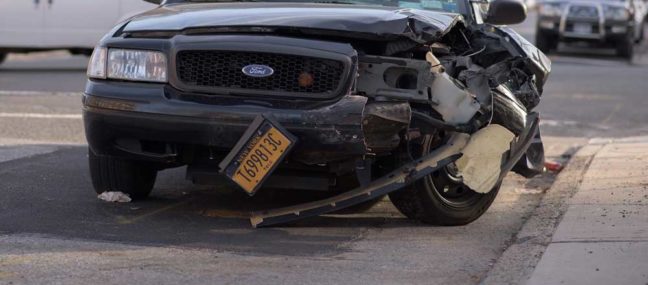Car accidents are stressful situations. You have to deal with the burden of arranging repairs, and you may also have incurred an injury. But if the accident is not your fault, you have the right to make a claim against the other party that caused the accident.
Making a claim for car repairs is common, and you can also receive compensation for personal injury damages. But what exactly does that mean and what is the payment you should expect to receive?
In reality, the amount you could get as a payout will vary because the type of accident you are involved in has a bearing on the settlement. For example, the average payout for car accident death and the average cost of a commercial truck accident will usually be different.
For that reason, we will explain how car accident settlements work so you can become more comfortable with the process and use this knowledge when discussing it further with one of our lawyers.

What Is A Car Accident Settlement?
A car accident settlement is when a person is entitled to a payout resulting from a car accident caused by another’s negligence. The idea is to compensate the person who incurred a personal injury that negatively impacts their life. Therefore, the severity of the injury and damage to one’s life influences the amount of the payout.
The payment should reflect the costs the injured party endures, including any medical bills or loss of earnings due to work missed as a result of the accident. In addition, a person’s suffering also comes under consideration.
How Do I Make A Car Accident Claim?
You can begin a claim by having a lawyer approach the negligent party’s insurance company, but you may have to go further. It is advisable to seek legal advice from a qualified attorney in Virginia who will know the law and how it impacts your claim. Your attorney will be able to contact the negligent party and their insurance company on your behalf.
Retaining an attorney is the first step to starting the negotiation process between you and the person you are making a claim against due to an accident. However, that is not to say that negotiations will automatically result in a settlement that you will accept. If that’s the case, your attorney can help draft and file a lawsuit on your behalf, which could mean that your case ends in court.
If a settlement occurs in the negotiation stages, it usually works out better for everyone involved. A lengthy court hearing costs far more than two attorneys hashing out settlement details for their clients.
Be prepared for your case to go to court if you believe that the other party is not being reasonable in their settlement offer and/or that the amount is not proportionate to the mental, physical, or financial pain and suffering you incurred.
How Do Parties Agree In A Car Accident Settlement?
Car accident settlement agreements occur after an initial investigation, which either corroborates your version of events or finds fault with it. An insurance company often uses an investigator to go through all of the evidence you supply with a fine-tooth comb.
Additionally, the investigator will look at any witness accounts, what the other driver claims happened, your medical records, photographs of the scene, and any police reports.
The investigator from the insurance company will then make their recommendations for a settlement payout. Often, that will involve talking with your attorney, who will keep you updated throughout the discussions.
It is then up to you to work with your attorney to negotiate further, accept the deal, or take the other party to court if you do not believe their settlement offer is high enough.
If your case goes to court, there may be a jury involved that decides a verdict after hearing evidence presented by both sides. At the end of a trial, the judge announces the official verdict and settlement amount.
Final Thoughts
Car accident settlements are notoriously stressful and complicated. You may want to take the other side to court to seek justice, which can be an expensive process. Working closely with your attorney will help you follow the best course of action for your unique situation.



